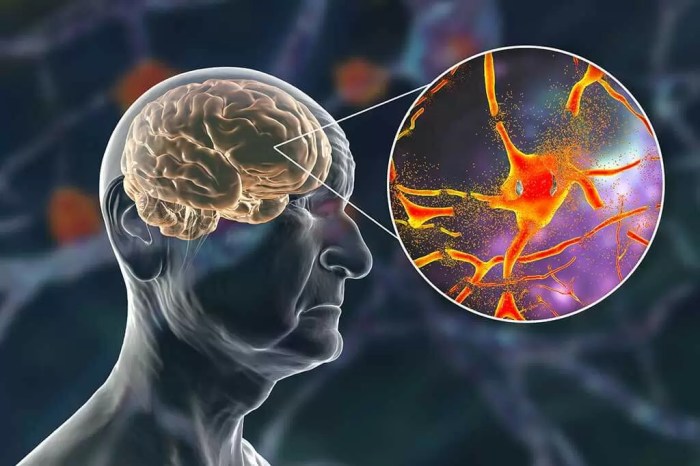Which of the following is false of dissociative disorders? Contrary to popular belief, dissociative disorders are distinct from schizophrenia, with unique diagnostic criteria and a prevalence that varies across cultures. This article delves into the misconceptions, symptoms, and treatment of dissociative disorders, shedding light on their complexities and impact.
Dissociative disorders are characterized by disruptions in memory, identity, consciousness, and perception, often resulting from severe trauma. These disorders can manifest in various forms, including depersonalization, derealization, and dissociative amnesia. Understanding the differences between dissociative disorders and other mental health conditions is crucial for accurate diagnosis and effective treatment.
False Beliefs: Which Of The Following Is False Of Dissociative Disorders

Misconceptions about dissociative disorders persist, hindering accurate diagnosis and appropriate treatment. One common misconception is that dissociative disorders are a form of schizophrenia.
However, dissociative disorders are distinct from schizophrenia in several ways:
- Symptoms:Dissociative disorders primarily involve disruptions in identity, memory, and consciousness, while schizophrenia is characterized by delusions, hallucinations, and disorganized thinking.
- Causes:Dissociative disorders are often linked to traumatic experiences, whereas schizophrenia is thought to have a genetic and neurochemical basis.
- Diagnostic Criteria:Dissociative disorders are diagnosed according to specific criteria Artikeld in the Diagnostic and Statistical Manual of Mental Disorders (DSM-5), which differ from the diagnostic criteria for schizophrenia.
Prevalence

Dissociative disorders affect a significant portion of the population. Epidemiological studies estimate that:
- 1.5-2% of the general population meets the criteria for dissociative identity disorder (DID).
- 10-20% of individuals who have experienced severe trauma develop dissociative disorders.
- Prevalence rates vary across cultures and demographics, with higher rates reported in individuals who have experienced childhood abuse or neglect.
Symptoms
The core symptoms of dissociative disorders include:
- Depersonalization:A sense of detachment or estrangement from oneself, feeling like an outside observer.
- Derealization:A sense of detachment or unreality from the surrounding environment, feeling like in a dream or fog.
Dissociative disorders also manifest in different forms, each with its specific symptoms:
- Dissociative amnesia:Inability to recall important personal information, usually related to traumatic events.
- Dissociative fugue:Travel away from home with an inability to recall one’s past or identity.
- Dissociative identity disorder (DID):The presence of two or more distinct personality states that recurrently take control of the individual’s behavior.
Dissociative symptoms can significantly impair daily functioning, affecting relationships, work, and overall well-being.
Treatment

Evidence-based treatments for dissociative disorders focus on:
- Psychotherapy:Trauma-focused therapy, cognitive-behavioral therapy, and psychodynamic therapy aim to address the underlying trauma and improve coping mechanisms.
- Medication:Antidepressants and antipsychotics may be prescribed to manage symptoms such as anxiety, depression, and hallucinations.
- Self-help strategies:Mindfulness techniques, grounding exercises, and peer support groups can help individuals manage dissociative episodes and improve overall well-being.
However, treating dissociative disorders can be challenging due to the complex nature of the symptoms and the potential for retraumatization.
User Queries
Are dissociative disorders a form of schizophrenia?
No, dissociative disorders are distinct from schizophrenia and have their own diagnostic criteria.
What is the most common type of dissociative disorder?
Dissociative amnesia is the most common type of dissociative disorder.
Can dissociative disorders be treated?
Yes, dissociative disorders can be treated with psychotherapy, medication, and self-help strategies.